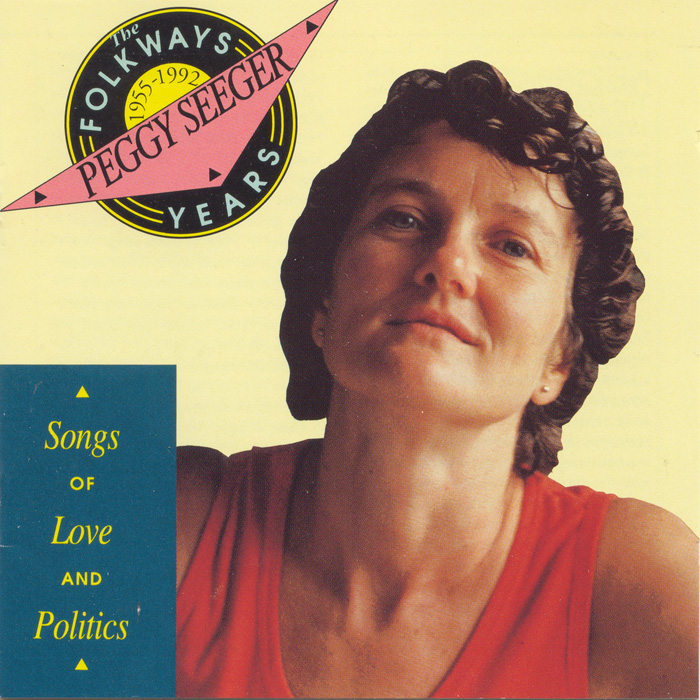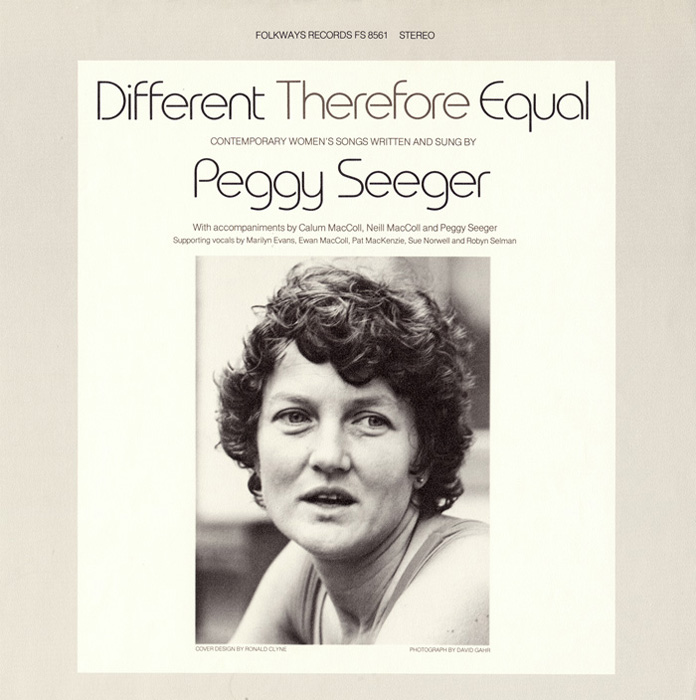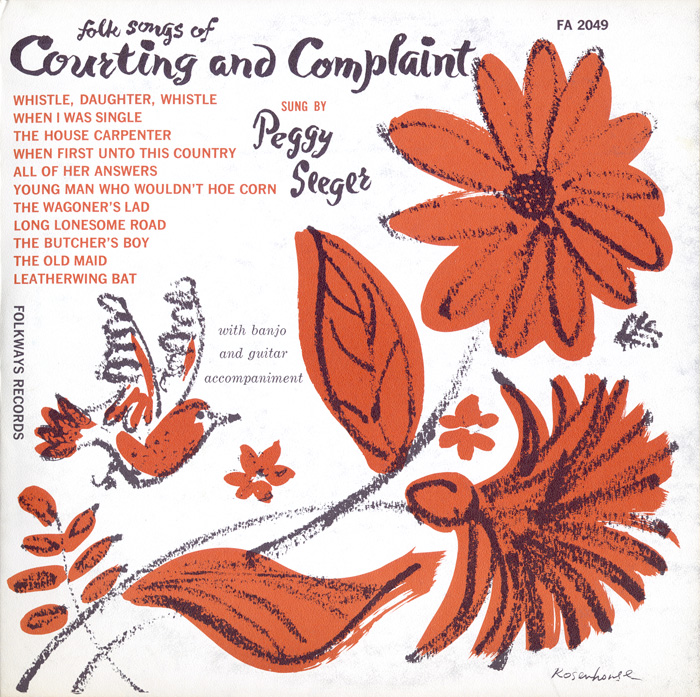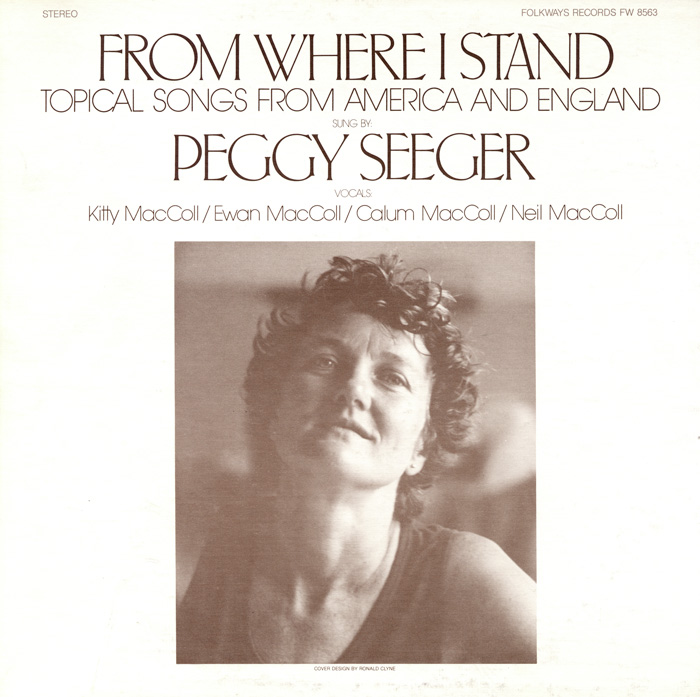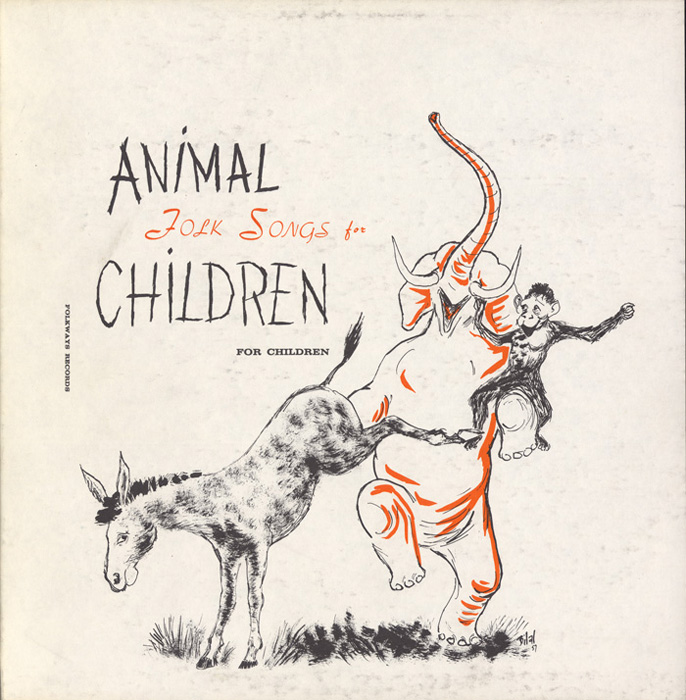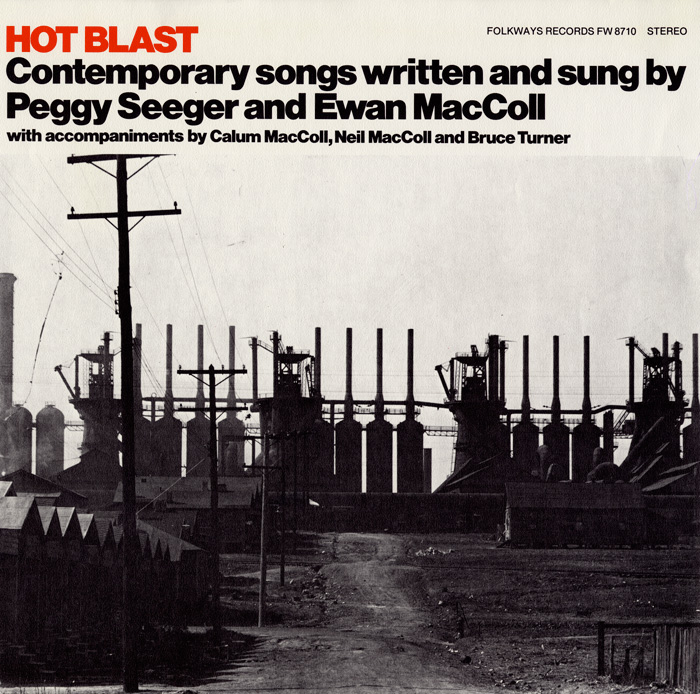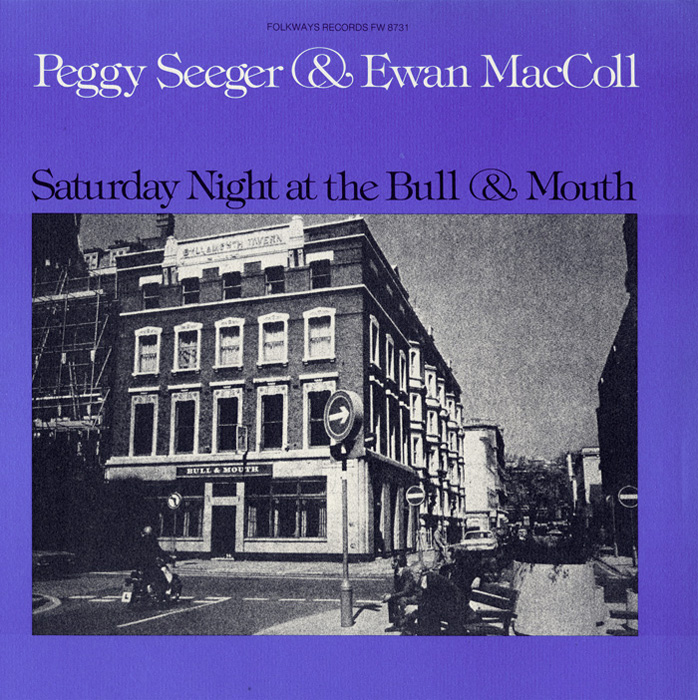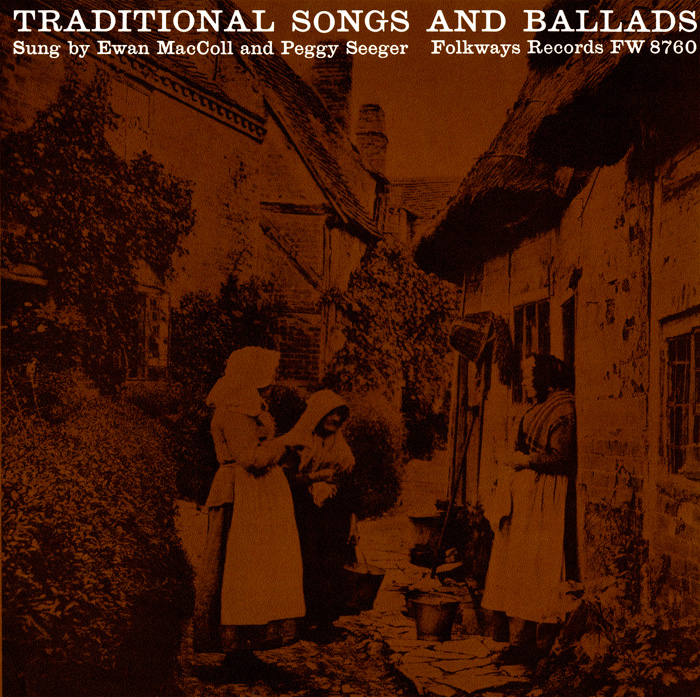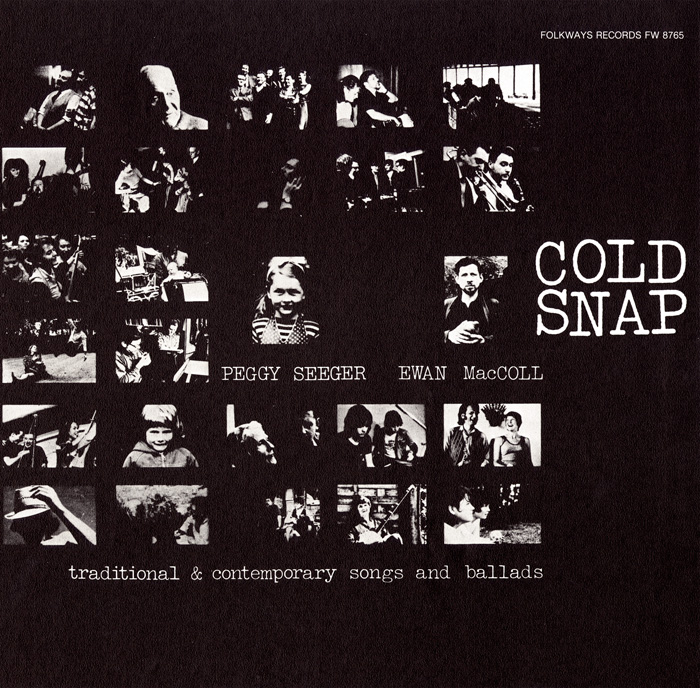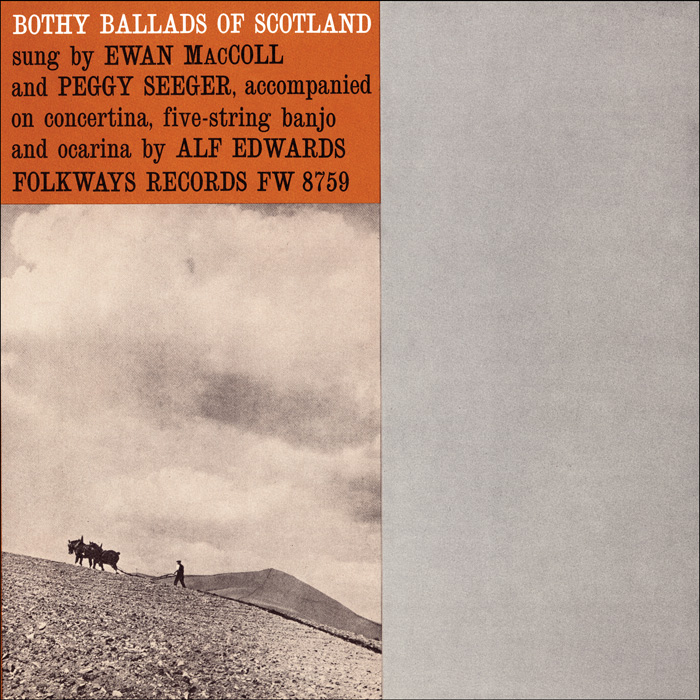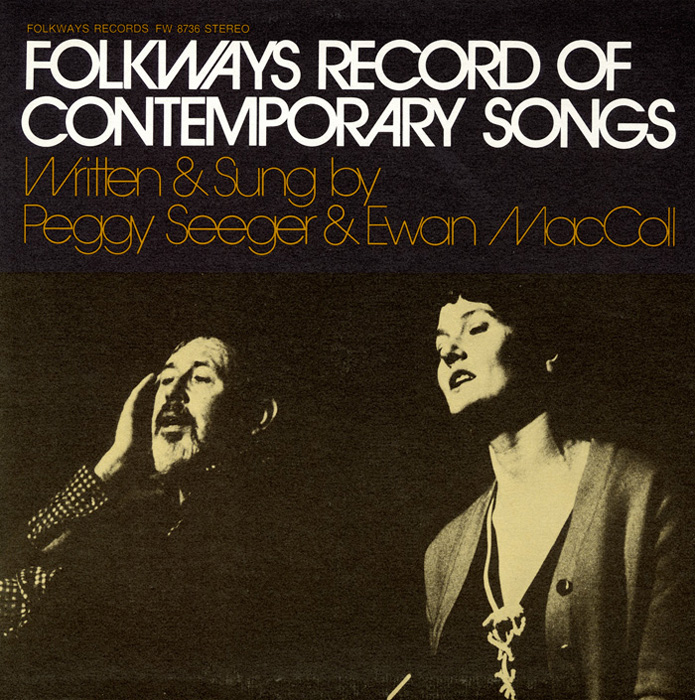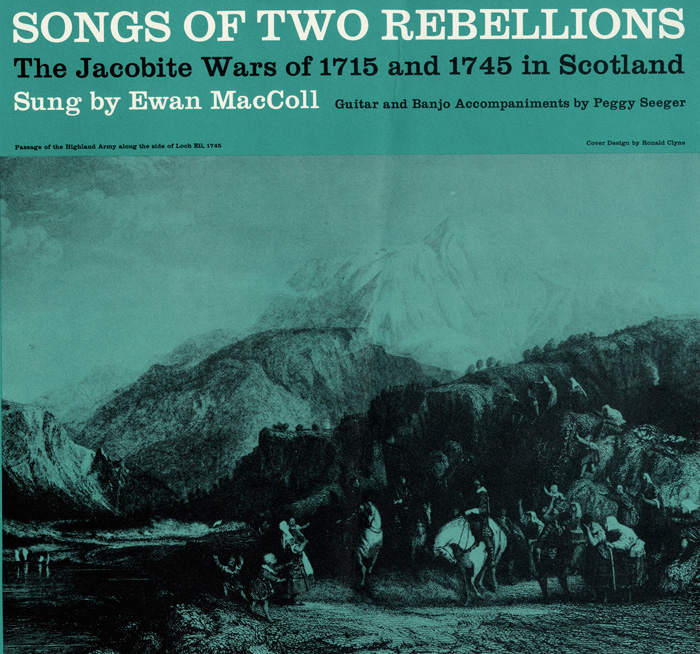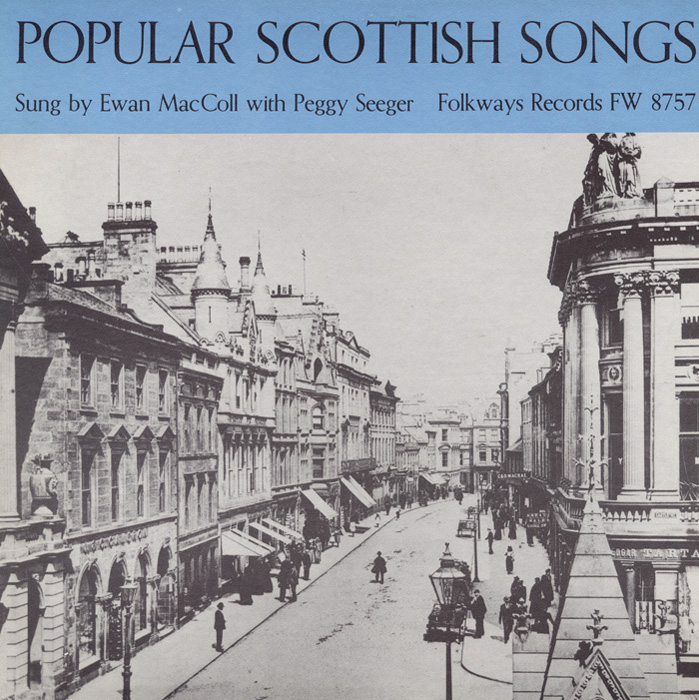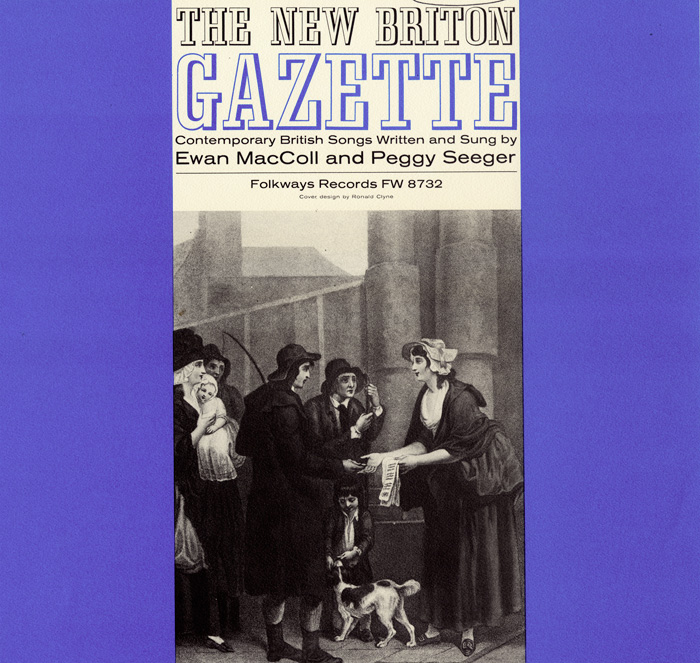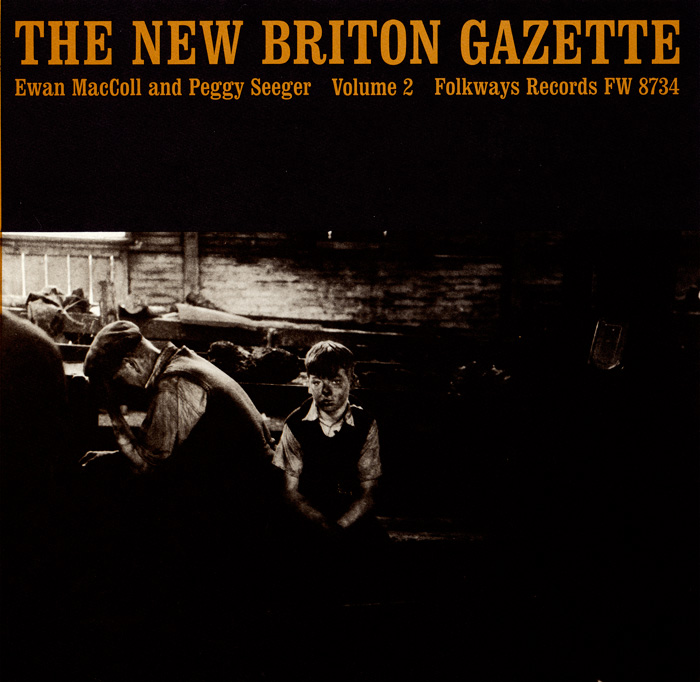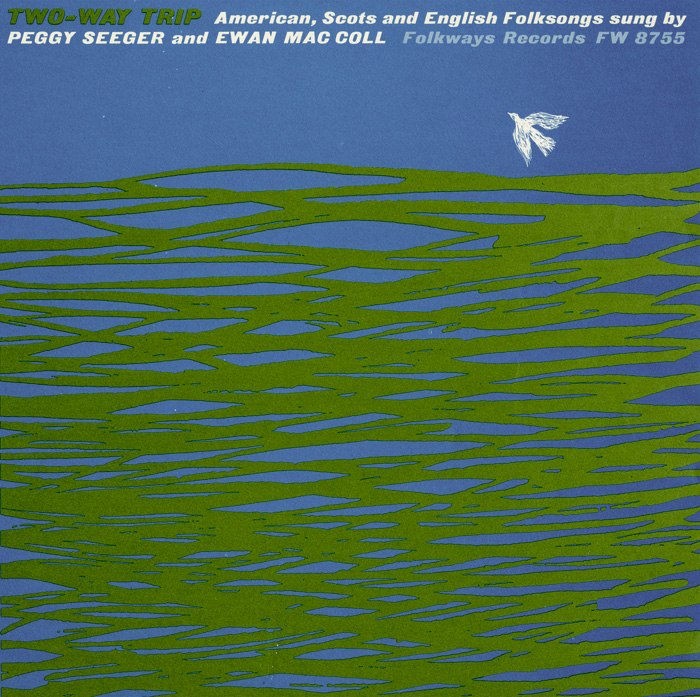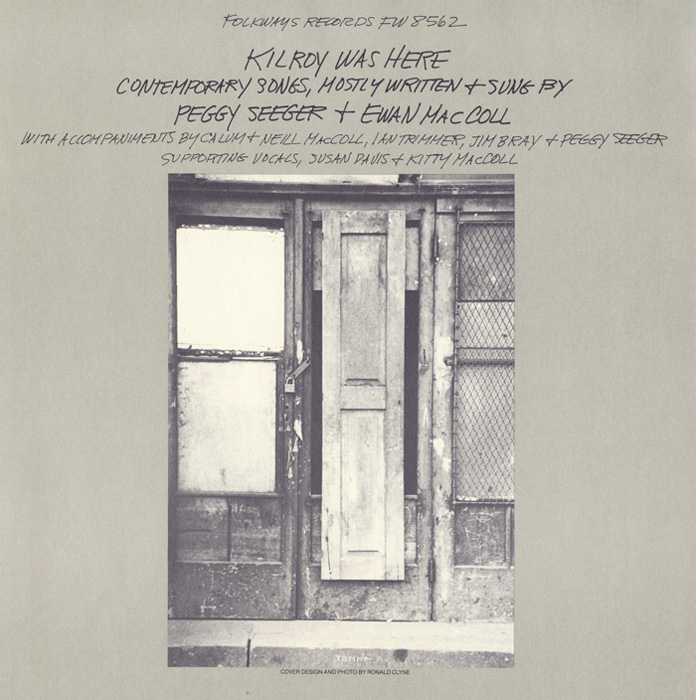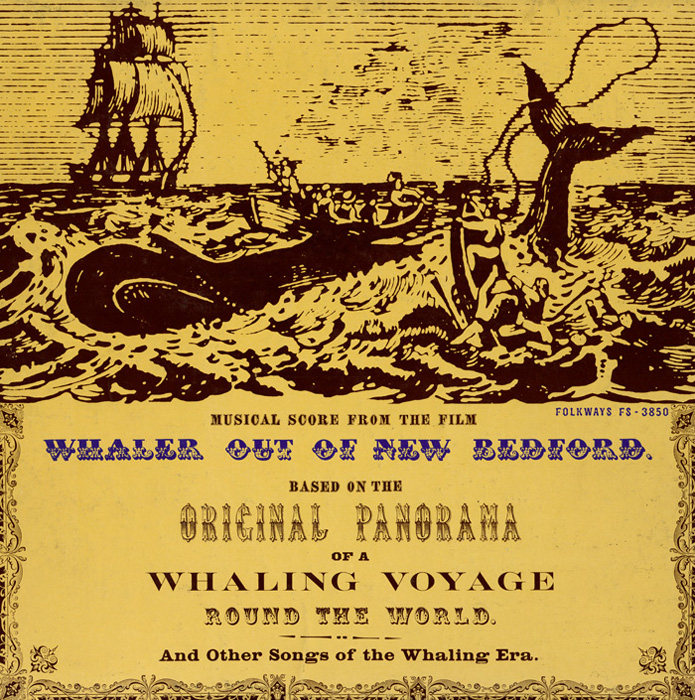Peggy Seeger: A Life of Music, Love, and Politics







Peggy Seeger will be 82 on June 17, 2017, and she has no plans to retire. At present, a new album is in the works and a multi-city tour of Britain is planned for the autumn to coincide with the publication of her memoir. All of this is good news, for few people have contributed more to professional folk music than Peggy Seeger. A strikingly original artist, her place in the world of folk music seems almost preordained.
Peggy was born in 1935 and grew up in a family where folk music was a given. Her father, Charles Seeger, was a musicologist who collected, studied, and published folk music, championing its use as an educational tool and a means of community cohesion. Her mother, Ruth Crawford Seeger, was a composer and teacher who used folk music in her own compositions, changed the practice of American music education by placing folk music at its center, and published three highly-acclaimed folk song anthologies. On Saturday nights, the Seegers gathered in the living room and sang; Alan Lomax and Ben Botkin were family friends who might stop by; Woody Guthrie, Lead Belly, and Guy Carawan were occasional visitors. By the time Peggy was in her teens, her brother Pete was becoming the country’s best-known folksinger, and her brother Mike was absorbing the southern Appalachian music that would be the focus of his career.
This was the legacy that Peggy took to Radcliffe College in 1953. By the end of her freshman year, she had made her first album, a collection of traditional American songs entitled Songs of Courting and Complaint. The following year, she recorded an album with her sisters, Barbara and Penny, based on one of their mother’s songbooks, American Folk Songs for Christmas. Peggy would become proficient in many genres and styles during her 60+ years as a musician, but traditional Anglo-American music would remain the backbone of her career.
Peggy left Radcliffe after her sophomore year in order to spend a year with her brother Charles and his family in the Netherlands. She enrolled at the University of Leiden, but spent much time traveling and playing music. In 1956, Alan Lomax persuaded her to come to London and join a fledgling folk group called the Ramblers, with whom she performed on stage, in recordings, and on radio programs. It was through the Ramblers that she met and fell in love with a playwright and singer named Ewan MacColl. In 1959, she settled in London with Ewan, who was her musical and personal partner until his death in 1989.

By the time Peggy was in her early 20s, she was one of the leading voices of the Anglo-American folk revival, both as a solo artist and in collaboration with other musicians. She produced several albums of traditional American music with her sisters; her brother Mike joined them on American Folk Songs Sung by the Seegers (1957). She began to experiment with British music, initially as Ewan’s accompanist, playing guitar and banjo on albums such as Shuttle and Cage: Industrial Folk Ballads (1957) and Songs of Robert Burns (1959). Ewan and Peggy also made several albums in which they sang both British and American songs, highlighting the similarities and differences between them; these albums included Matching Songs of Britain and America (1957) and Two-Way Trip (1961).
The late 1950s and early 1960s were the heyday of the British and American folk revivals, a time when folk music made extensive inroads into mainstream popular culture. One of the innovations of the folk revival was the creation of new songs written in the style of the old. From 1958 to 1965, Peggy, Ewan, and BBC producer Charles Parker created the Radio Ballads, a series of highly innovative radio documentaries. Each Radio Ballad focused on a group of people (coal miners, fishermen, teenagers, etc.) and wove together music, sound effects, and portions of recorded interviews. Ewan and Peggy crafted songs based on their interviewees’ words, one so close to a traditional folk song that a fisherman they had interviewed claimed to have been singing it all his life.
In 1960, Ewan and Peggy released their first album, New Briton Gazette, that consisted entirely of new songs written in the folk idiom. Many such albums followed, including Folkways Record of Contemporary Songs (1973) and Hot Blast (1978). They never abandoned traditional music: in 1962, they produced a two-volume set of broadside ballads; and between 1966 and 1968, they produced a 10-volume collection of traditional ballads entitled The Long Harvest. Peggy and Ewan believed that traditional and contemporary folk songs represented two sides of the same coin: the expressions and artistry of people who are not in power. They saw folk music as inherently political; Peggy calls it “a direct expression of social antagonism, of social struggle, and conflict” (Interview with Peggy Seeger, May 20, 2011).
In the mid-1960s, Ewan and Peggy formed the Critics Group with a coterie of young musicians who wanted to study and perform folk music. The Critics Group gave concerts, made radio and television programs, produced albums, and, from 1965 through 1972, produced the annual Festival of Fools, a satiric revue that combined music, skits, and commentary on political events of the day. For the 1971 Festival of Fools, Peggy wrote her most famous song: the feminist anthem “I’m Gonna Be an Engineer.”
The women’s movement became one of Peggy’s lifelong passions. In 1968, she recorded an album of women’s songs with the Critics Group (The Female Frolic) and in 1977 produced a solo album, Penelope Isn’t Waiting Any More, composed entirely of women’s songs, most of them traditional. In 1979, she produced another solo album, Different Therefore Equal, which features Peggy’s original compositions about women’s concerns.
Throughout the 1970s and 1980s, Peggy and Ewan were involved in myriad projects: they gave concerts and workshops, produced albums, founded a magazine and a record company, published songbooks, and developed music for radio, television, and film. Their children (Neill, Calum, and Kitty) frequently joined them on stage and in the recording studio. In 1977, Peggy and her brother Mike released a three-cassette recording based on their mother’s most celebrated songbook, American Folk Songs for Children. Peggy also continued to produce solo albums such as From Where I Stand (1982), which highlighted contemporary American songwriters. She became active in the environmental and peace movements, participating in the Women’s Peace Camp at Greenham Common and forming a group to study and protest nuclear power in her hometown, the London suburb of Beckenham.
After Ewan’s death in 1989, Peggy began to sing with Irene Pyper-Scott, with whom she had formed the Beckenham Anti-Nuclear Group (BANG) and who became her second life partner. In 1994, Peggy moved to Asheville, North Carolina, and concentrated on her solo career—performing, making albums, and writing songs. In 2006, she moved to Boston to teach songwriting at Northeastern University. In 2010, she returned to England. Her artistry as a singer, instrumentalist, and songwriter has won her many awards, including an honorary Doctorate of Arts from the University of Salford, the BBC’s Women in Music Inspirational Award, and the Folk Alliance’s Lifetime Achievement Award. It is perhaps the breadth and honesty of her vision that make her music so moving. She has written songs of fierce political intensity and songs of deep human tenderness; she sings songs so topical that they are out of date within months, and songs so old that their authors have been dead for centuries. Yet her goal is always the same: to tell true stories of the way people live and have lived, protesting their injustices while celebrating their joys and accomplishments. She tells these stories beautifully.
Jean R. Freedman is the author of Peggy Seeger: A Life of Music, Love, and Politics (University of Illinois Press, 2017). She has a PhD in folklore and ethnomusicology from Indiana University and teaches at Montgomery College and George Washington University.


